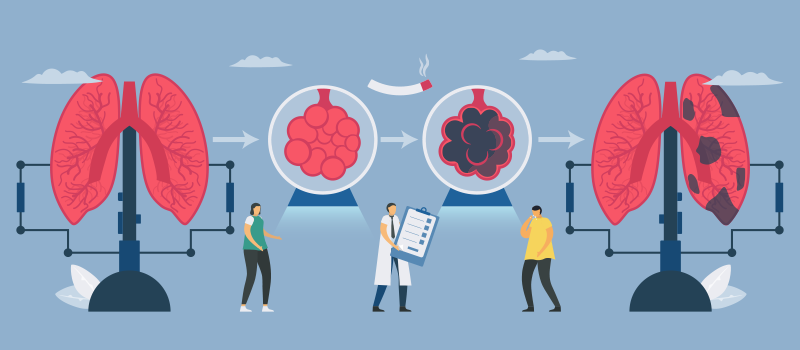What’s the Buzz
The Bee Healthy Blog
Roles and Responsibilities of a Respiratory Therapist

If you or someone you know is thinking about a career as a respiratory therapist, here’s some key information about working in the respiratory therapist field.
What is respiratory therapy?
Respiratory therapy is a type of treatment designed to optimize a patient’s respiratory function. The goal of respiratory therapy is to assess lung capacity and offer treatments that help patients breathe more easily and enjoy a better quality of life. Respiratory therapy is provided by trained healthcare professionals called respiratory therapists.
Respiratory therapist job description: What does a registered respiratory therapist do?
A respiratory therapist works under the supervision of doctors and with other medical professionals, such as nurses. The work entails assessing patients who have trouble breathing due to pulmonary diseases. The clinical components of respiratory therapist responsibilities include:
- Assisting physicians in diagnosing breathing problems and providing patient care.
- Evaluating patients and performing studies.
- Developing respiratory therapy treatment plans with physicians.
- Administering a respiratory therapy treatment plan, including treating patients with oxygen.
- Operating mechanical ventilators, therapeutic gas administration apparatus, and other respiratory equipment.
- Maintaining respiratory equipment used to treat patients with lung diseases and sleep disorders like sleep apnea.
- Managing patients with chest trauma.
- Providing emergency respiratory therapy.
- Providing emergency care such as external cardiac massage and cardiopulmonary resuscitation.
- Assessing lung function and capacity with pulmonary function tests in patients with lung disease.
- Performing diagnostic tests such as arterial blood gases.
- Performing chest physiotherapy.
- Administering treatment with drugs, including aerosol medications.
- Monitoring patient physiological responses to treatment.
- Educating patients on how to manage chronic respiratory diseases.
Respiratory therapist job duties: Where do respiratory therapists work?
Respiratory therapists care for patients of all ages, from premature infants with undeveloped lungs to elderly patients with cardiopulmonary disorders. They typically treat patients with lung conditions in the hospital setting, including neonatal intensive care units, critical care units, and cardiopulmonary diagnostic labs. Respiratory therapists may also work with patients undergoing treatment in specialized cardiopulmonary rehabilitation centers, nursing homes, and home health agencies.
Most respiratory therapists work on a full-time basis and are employed by hospitals. A typical week involves 35-40 working hours. Shifts can be long, and a respiratory therapist may spend much of their shift on their feet. Working hours often include nights, weekends, and holidays.
Respiratory therapist education: How to become a respiratory therapist
To qualify as a respiratory therapist, you need 2-4 years of higher education. You either need a four-year bachelor’s degree or a two-year associate’s degree in respiratory therapy. Some programs require documented work experience in the respiratory care setting, so it could be helpful to volunteer or gain experience in such a setting before applying to a program. Many employers prefer a four-year bachelor’s degree.
All states (except Alaska) require respiratory therapists to be licensed. After completing a degree program in respiratory therapy, you need to take a certification exam offered by the National Board for Respiratory Care. On passing the certification exam, you become a registered respiratory therapist (RRT) or certified respiratory therapist (CRT). Your credentials must be renewed every five years by completing continuing education courses and activities and taking tests.
Many respiratory therapists also obtain additional certifications to work with specific patient populations, such as neonatal, pediatric, or geriatric patients. Certifications are also available to work in specific settings or departments such as critical care, pulmonary diagnostics, pulmonary rehabilitation, home care, and environmental control systems.
Respiratory therapist career opportunities: What is the outlook for respiratory therapists?
The average salary of a respiratory therapist in the United States is $62,000 per year. Respiratory therapists with additional certifications in respiratory care, for example, emergency care, typically earn higher salaries.
The Bureau of Labor Statistics projects a 14% growth rate for respiratory therapists from 2021 to 2031, which is faster than the national average. Approximately 9,400 job openings per year are expected on average over the next decade for respiratory therapists.
References:











SOCIAL